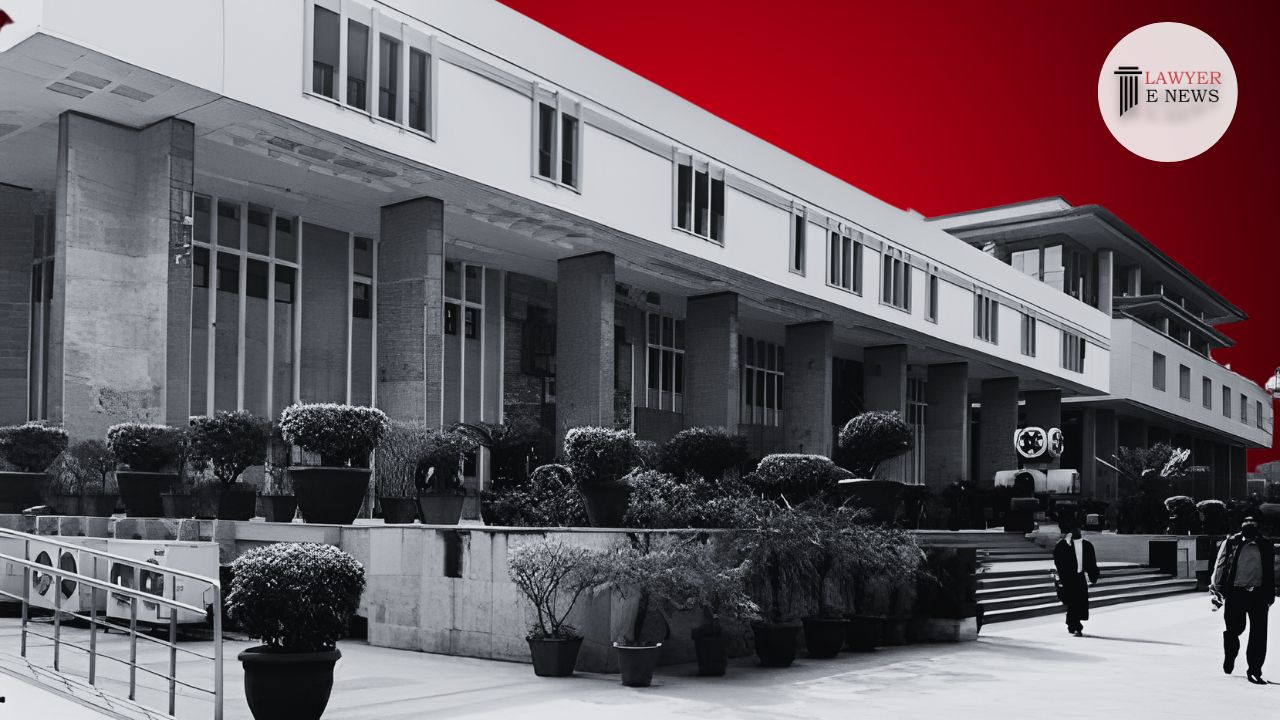-
by Admin
15 February 2026 2:16 AM



In a significant judgment that bolsters trademark law relating to prior use and goodwill, the Delhi High Court has ordered the cancellation of the trademark “ROSHAN” registered under class 42, favoring the petitioner, Amit Sood. Justice Prathiba M. Singh concluded that the respondent’s registration of the trademark could potentially deceive the public due to its similarity with the petitioner’s long-established trade name, derived from the family business which has been in operation since the 1950s.
The controversy revolves around the use of the trademark “ROSHAN” for photographic studio services. Amit Sood, the petitioner, has been using the name “ROSHAN STUDIO” and “ROSHAN PORTRAITS” since 1960, originating from a business established by his grandfather in Shimla. The family business, known for its historical and widespread recognition, encountered a dispute when it was discovered that the respondents had obtained a trademark registration for “ROSHAN” and commenced using it for similar services in close geographic proximity in Panchkula since 1991.
The court meticulously analyzed the evidence presented, noting the extensive documentation of the petitioner’s prior use and the significant goodwill associated with the “ROSHAN” name. Noteworthy evidence included official appointments as photographers by government officials, extensive media coverage, and testimonials from dignitaries, establishing the mark’s reputation far beyond local confines.
Justice Singh criticized the Intellectual Property Appellate Board’s (IPAB) earlier decision for disregarding the petitioner’s substantial proof of prior use and reputation. The court emphasized that “the purity of the trademark register must be maintained,” referring to prior rulings that underscored the importance of preventing misleading practices that could confuse the public.
Legal Findings and Conclusion: The court held that the respondent’s use of the “ROSHAN” mark did not constitute bona fide adoption, given the historical significance and longstanding use of the mark by the petitioner’s family. It was ruled that the proximity of Panchkula to Shimla, where the original business was popular, made it likely that the respondent was aware of the petitioner’s mark and its associated goodwill.
Rejecting the IPAB’s dismissal of the petitioner’s earlier rectification application, the court decreed that the trademark registration granted to the respondent was capable of causing confusion among the public, thus failing the test of uniqueness and distinctiveness required under trademark law.
Decision: The court ordered the cancellation of the respondent’s trademark registration for “ROSHAN” under class 42, directing the Office of the Controller General of Patents, Designs, and Trade Marks to execute the order within 30 days.
Date of Decision: May 3, 2024
Amit Sood vs. Union of India and Ors.
